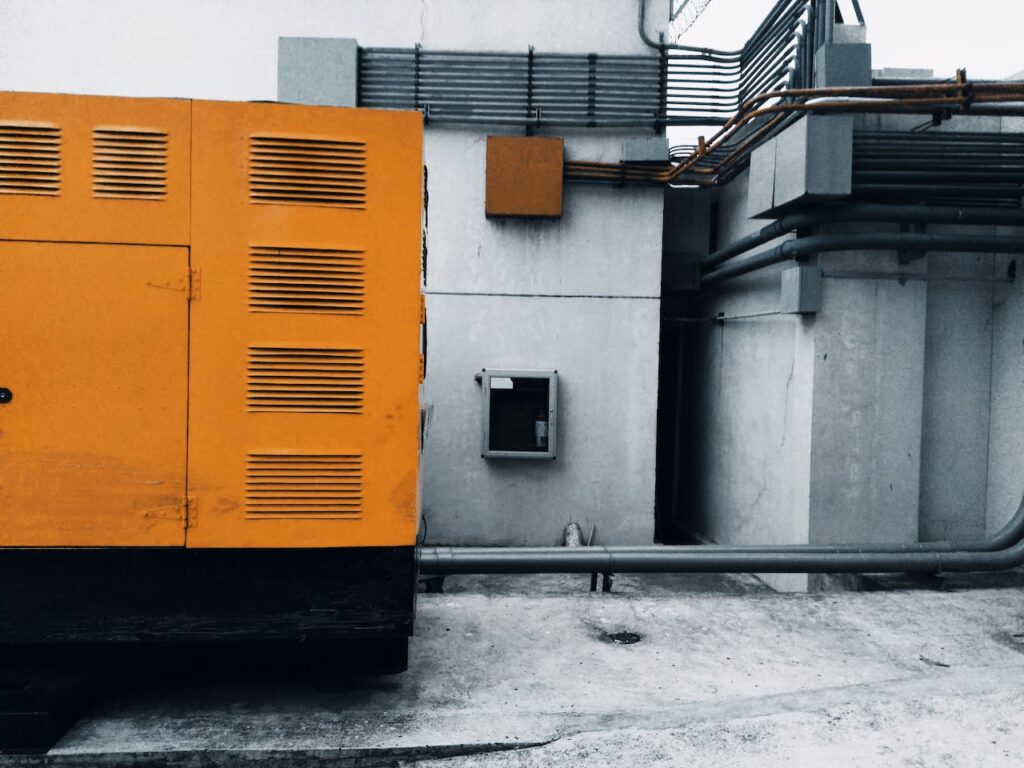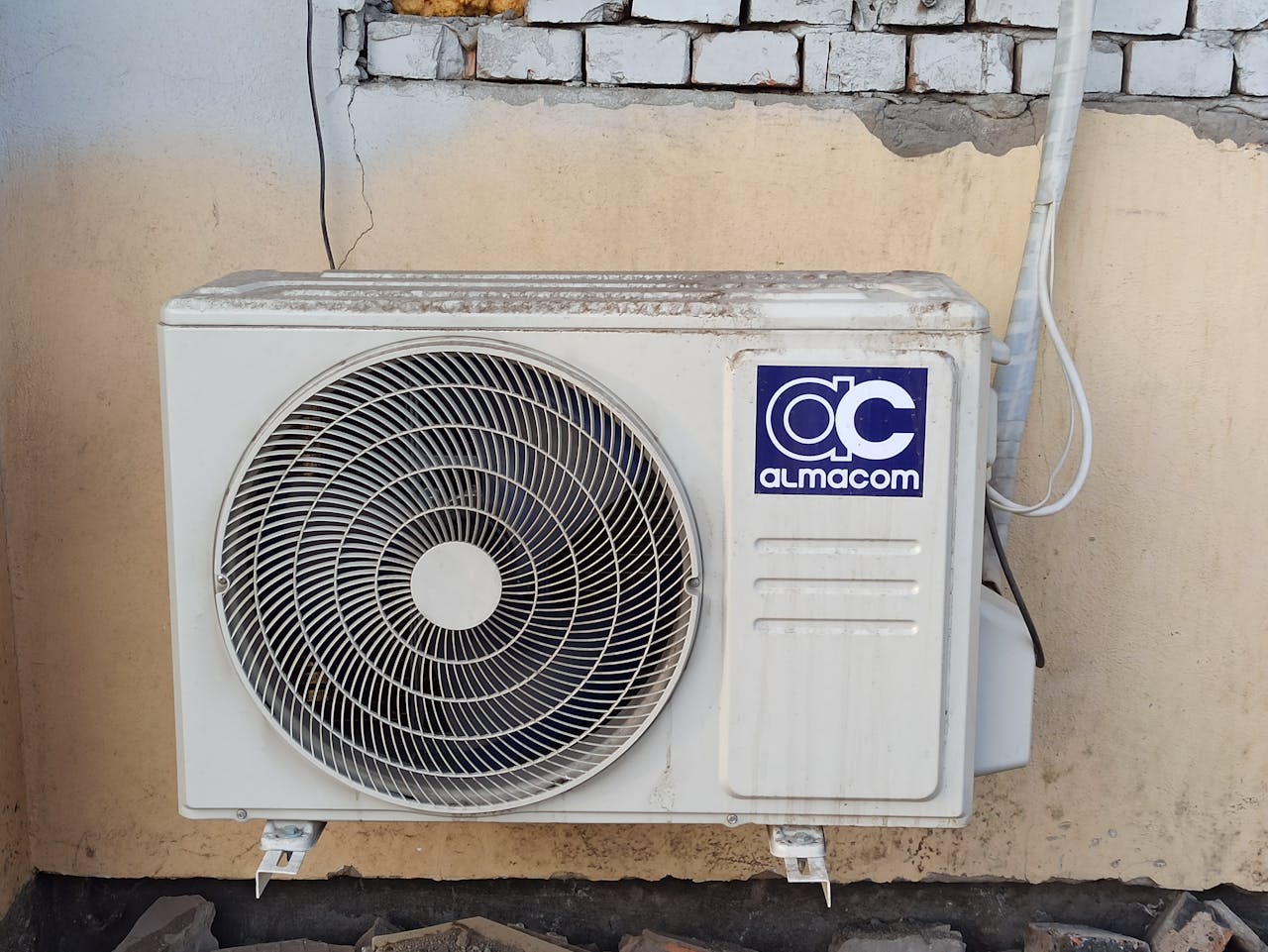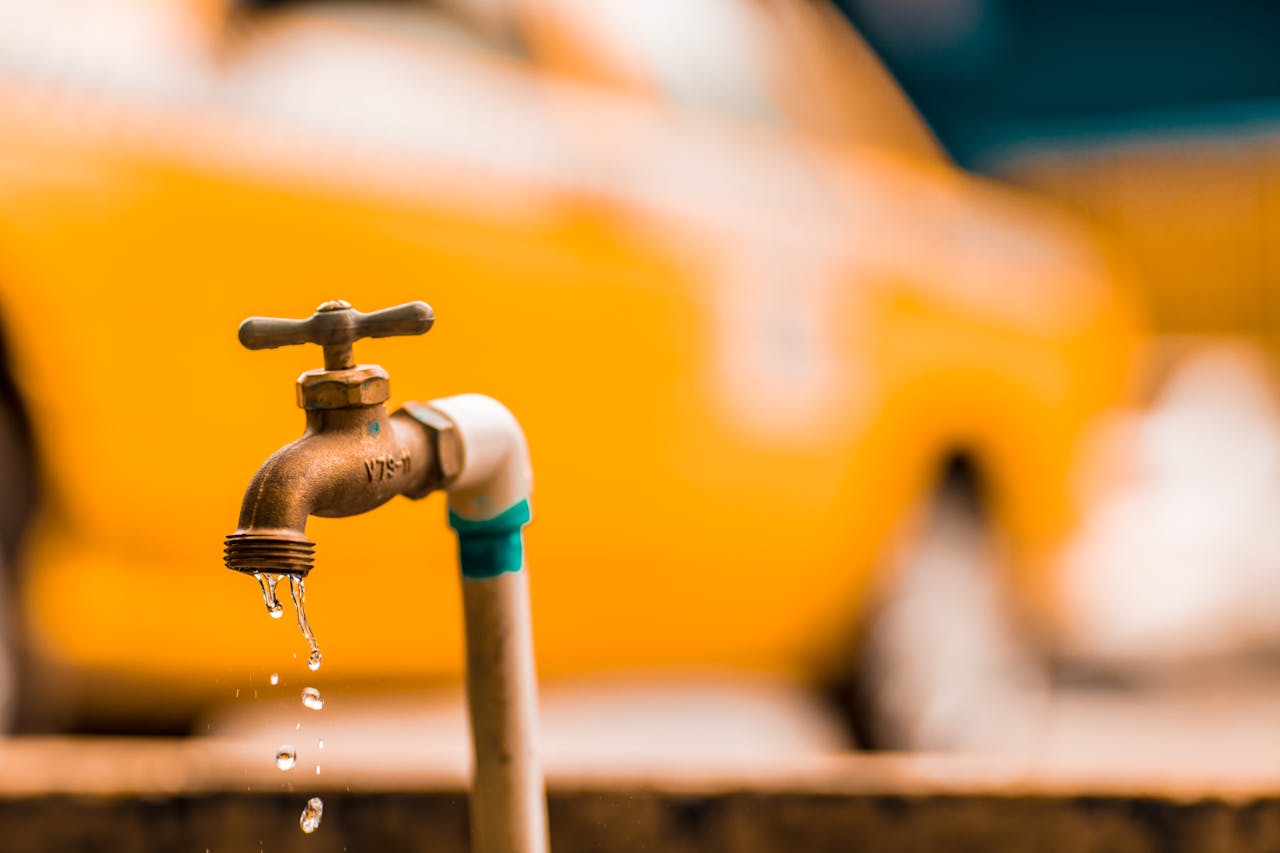Winter weather can bring numerous challenges for homeowners, including the increased risk of frozen pipes. Should these pipes burst, the consequences can extend beyond plumbing issues, potentially affecting your home’s HVAC system and leading to further damage, costly repairs, and disruptions to your daily life. Homeowners must understand the risks associated with frozen pipes and proactively implement measures to minimize the likelihood of costly emergencies.
Let’s explore the relationship between frozen pipes and your HVAC system, including how to identify the warning signs and take preventive action. By understanding the risks, implementing effective precautions, and promptly addressing issues, you can safeguard your Denver home against frozen pipe incidents and ensure the continued efficiency and performance of your HVAC system.
The Connection Between Frozen Pipes and Your HVAC System
Frozen pipes not only pose a threat to your plumbing system but can also have a significant impact on your home’s HVAC equipment. When water freezes within pipes, it expands and increases the internal pressure, which can lead to cracks or bursts. If a burst pipe occurs near your HVAC system, the released water may damage the unit, causing operational failures or reduced efficiency. Additionally, excess moisture from a burst pipe in your home can also lead to increased humidity, affecting your HVAC system’s ability to maintain ideal indoor air quality and comfort levels.
Identifying the Warning Signs of Frozen Pipes
Being able to recognize the early warning signs of frozen pipes can help prevent disastrous consequences for your plumbing and HVAC systems. Signs of frozen pipes may include:
- Reduced Water Flow: A significant drop in water pressure or irregular flow from faucets can indicate that a pipe is frozen and partially obstructing the flow of water.
- Unusual Sounds: If you hear strange noises such as banging, clanking, or whistling sounds coming from your pipes, this could signify a frozen blockage.
- Cold Spots and Visible Frost: Feel along your exposed pipes, especially in colder areas of your home, such as attics, crawlspaces, and basements. If you detect cold spots or see visible frost, it’s likely that the pipe has frozen.
Preventive Measures to Avoid Frozen Pipes and HVAC Issues
To protect your home from the costly consequences of frozen pipes and HVAC system damage, consider implementing the following preventive measures:
- Insulate Your Pipes: Properly insulating exposed pipes is a key step in preventing freezing. Use pipe insulation or heat tape to cover exposed pipes, particularly those located in unheated areas of your home.
- Seal Drafts and Leaks: Check your home for drafts or leaks, especially near pipes and HVAC ductwork, and seal these openings with caulk or weatherstripping to minimize cold air infiltration.
- Maintain a Consistent Temperature Inside: Keep the thermostat at a consistent temperature day and night, ensuring that your home’s interior remains warm enough to prevent freezing in susceptible pipes.
- Open Cabinets and Doors: Encourage warm air circulation by opening cabinet doors and interior doors, especially in rooms containing pipes and HVAC equipment.
- Drain Outdoor Faucets: Before winter arrives, disconnect and drain outdoor hoses and faucets to prevent freezing.
What to Do If Your Pipes Freeze or Burst
Despite your best efforts, pipes may still freeze during extreme cold. If you suspect a frozen pipe, follow these steps to prevent further damage and protect your HVAC system:
- Shut Off the Main Water Supply: Turn off the water supply to your home, cutting off the flow to the frozen pipe and reducing the risk of a burst.
- Apply Heat to the Frozen Area: Use a portable heater, hairdryer, or heating pad to gradually thaw the frozen pipe. Avoid using open flames, as this can cause damage or create a fire hazard.
- Inspect Your HVAC System: If a frozen pipe has already burst or leaking water may have come into contact with your HVAC unit, promptly inspect the system for signs of damage. Turn off the unit if there is any indication of water exposure.
- Contact Us: Reach out to our skilled professionals to address frozen or burst pipes quickly and efficiently. If your HVAC system has been affected, a technician will be able to assess the damage and suggest appropriate repairs.
Taking preventive measures to avoid frozen pipes and being vigilant in identifying early warning signs can save your plumbing and HVAC systems from costly damage. By understanding the risks and implementing effective precautions, you can enjoy the comfort of your Denver home, even during the coldest days of winter.
Safeguard Your Denver Home Against Frozen Pipes and HVAC Issues
Taking preventive measures against frozen pipes is essential in protecting your plumbing and HVAC systems from costly damage. By insulating exposed pipes, sealing drafts, and maintaining a consistent indoor temperature, you can greatly reduce the risk of frozen pipes and subsequent HVAC system issues. In the event that you suspect a frozen pipe or an impacted HVAC unit, act promptly and seek professional assistance to ensure effective repairs.
Don’t let frozen pipes affect your HVAC system and the comfort of your Denver home this winter. Doctor Fix-It Plumbing, Heating, Cooling & Electric and our team of expert technicians are here to help with preventative pipe maintenance, pipe insulation, and prompt repairs for both plumbing and HVAC systems. Contact us today to schedule a consultation and secure your home against the perils of frozen pipes and potential HVAC damage.

















